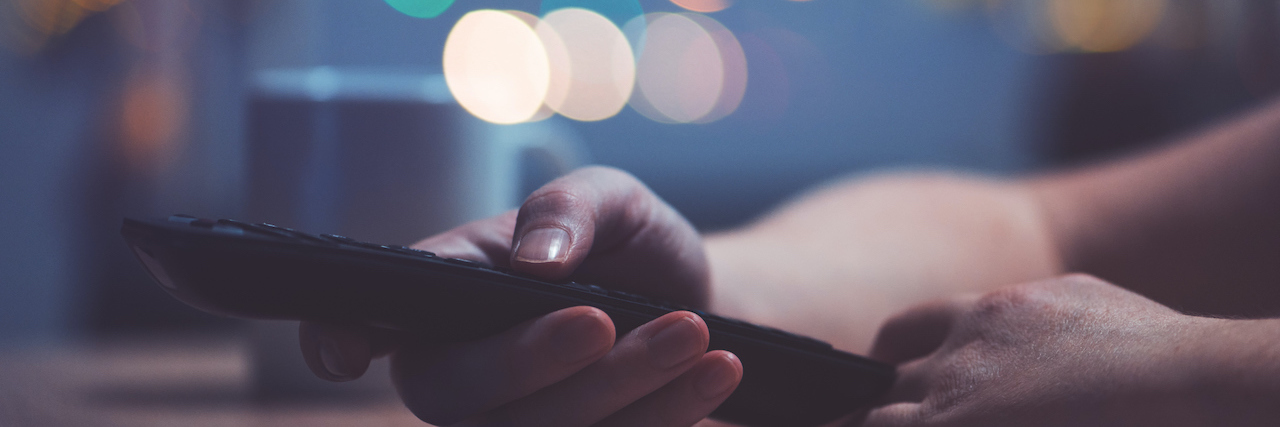“The Wonderful World of Sitcoms”
There’s a sitcom for every occasion, a fact I learned in junior high. If drama overtook my friend group, I found solace in “Living Single.” When struggling in the social hierarchy of middle school, I ran to the one-dimensional issues of “My Three Sons.” Dramas and soaps served as poor escapist entertainment, while the lack of complexity in sitcoms built a stable, optimistic version of reality, rendering them much easier to view. With all this in mind, I soon came to believe in the power of sitcoms; specifically, the therapeutic power of escaping to their dependable worlds.
Spending most of adolescence as an overly-neurotic individual, sitcoms served as a de facto therapist for much of middle school. Back in eighth grade, my life seemed like the premise of a cheesy sitcom — I was the age of peak awkwardness, I was forming a tentative identity, and I was “the new kid” for the second year in a row. Unfortunately, these circumstances combined to fuel my dormant anxiety, a fact which came to light one afternoon in eighth period history. After a tense conversation with my teacher, the details of which I no longer recall, my panicked self had no choice but to hyperventilate.
Leaving school that day, having not yet acquired the terminology to describe my predicament, my only choice was to wipe my tears and settle into a therapeutic session of “Boy Meets World.” As soon as I hit the remote, the arena of my living room echoed with the noise of alternating sniffles and chuckles. It must have been a peculiar sight: 14-year-old me, fresh from an anxiety attack, eyes wet with tears, hunched over with laughter in my living room. Nonetheless, binge-watching sitcoms brought immense relief. Despite how out of place I felt in the classroom, surrounded by unfamiliar students and unforgiving teachers, I always felt at home laughing with Patty Duke, Mary Tyler Moore and the Cleavers.
After this incident, I settled into a neat routine. On Friday nights at 6 p.m., to celebrate the end of another stressful school week, I would plop down on the couch, turn on channel 318 and wander to another life until I fell asleep.
It was also in eighth grade when I came to terms with the irony of my sitcom-binging habit. These fluffy shows would never reflect my true experiences — there’s no sitcom covering first generation-American teenage girls whose hair is defined by unruliness and whose lives are defined by panic attacks — but for 30 minutes at a time, I could let go of my unglamorous existence and dive into a different world. There was a bit of gloom in realizing that the acne-free protagonists of my favorite sitcoms never lost their stable friend groups and never dealt with anxiety (unless, of course, for laughs), but I couldn’t help but feel entertained by the exploits of my white-bread sitcom friends. If anything, the lighthearted antics of these characters gradually helped me view my own issues through a slightly less melodramatic lense, for better or worse.
To me, this was a remarkable feat — while other genres pushed audiences to think deeper about society, sitcoms required their audience to, conversely, forget real society and travel to worlds of simplicity and laughter. While I’ll always be thankful for the brilliant mind of Winnnie Holzman, whose writing on the television show “My So-Called Life” (which I discovered in eighth grade) demonstrated remarkable commitment to capturing the cruel mundaneness of living while female and teenaged, her vision simply resembled reality a bit too much. The painfully realistic “My So-Called Life,” whose protagonist dealt with losing friends, realizing she didn’t measure up and inexplicably hating her loving parents, was a poor choice when trying to forget the details of my own shaky existence — for that, I turned to sitcoms.
Whenever sitcoms did touch on real-world subjects, they still managed to reduce multifaceted topics to one-size-fits-all scenarios with simple, comedic solutions. I picked up on this in seventh grade, watching the infamous “Saved By the Bell” episode in which Jessie Spano’s three-day drug addiction is instantly solved with a pep talk. Instead of centering on the potential trauma of losing a parent, the sitcom “My Two Dads” nudged viewers to forget such issues by focusing on the apparent hilarity of gaining two fathers. There may well be long-term harm in treating such heavy topics so lightly (and exposing oneself so immensely to such harmful ideas, as I did). In the short term, however, these sitcoms trained me to view the world in a brightly-filtered lens, providing a brief-yet-valuable escape from real life.
Sitcoms built idealistic and dependable worlds, where no matter what, familiar characters appeared and familiar credits rolled. It’s escapist, it’s a guilty-pleasure distraction, and to me, it was the peak of salutary entertainment — watered down versions of the human experience created for nothing other than pure enjoyment. My middle school binge-watching days were rooted in my simple belief that the sitcom is a powerful thing: at a time when I struggled to find my identity, they managed to expose the softest part of my character: an ability to escape into worlds of simplicity, to briefly forget my mental woes by laughing along to my favorite shows.
Getty image by stevanovicigor


